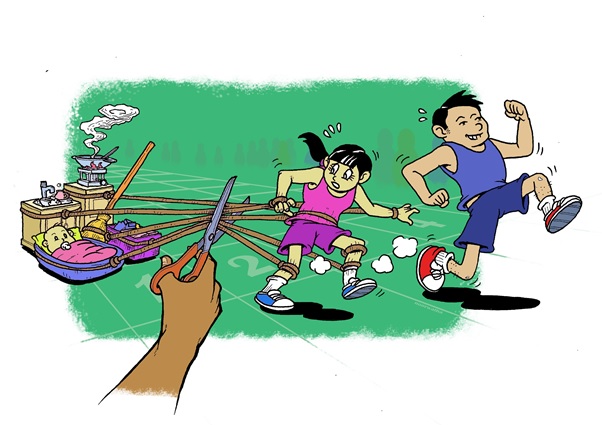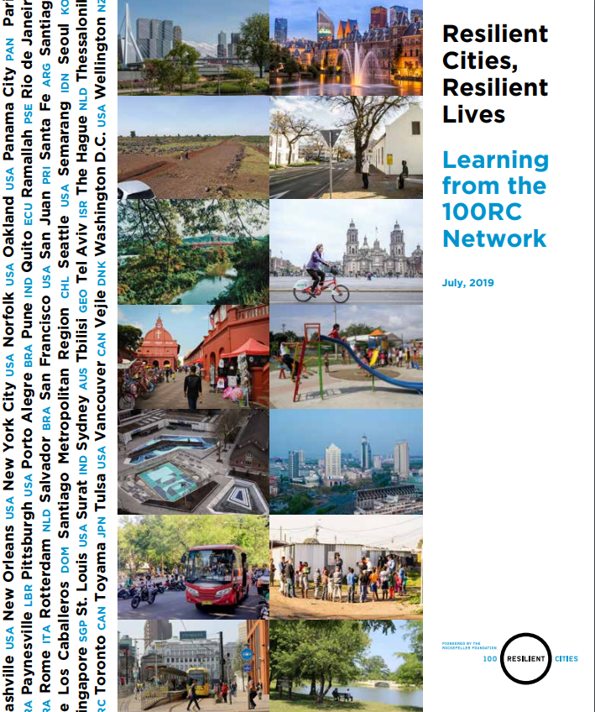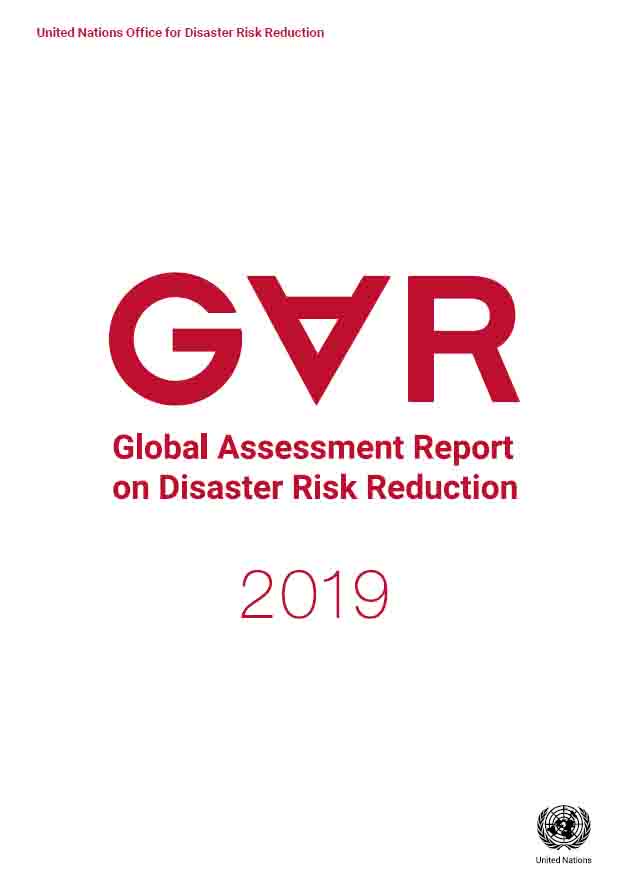On the Path to End the Gender Gap in Humanitarian Action
On the Path to End Gender Gap in Humanitarian Action One of the pressing issues consistently being brought to the floor of discussion is The Gender Gap in Humanitarian Action. Crises impact women, men, girls, and boys of all ages in different ways. Hence, their needs, interests, coping strategies, and access to resources, differ accordingly. […]
On the Path to End the Gender Gap in Humanitarian Action Read More »





